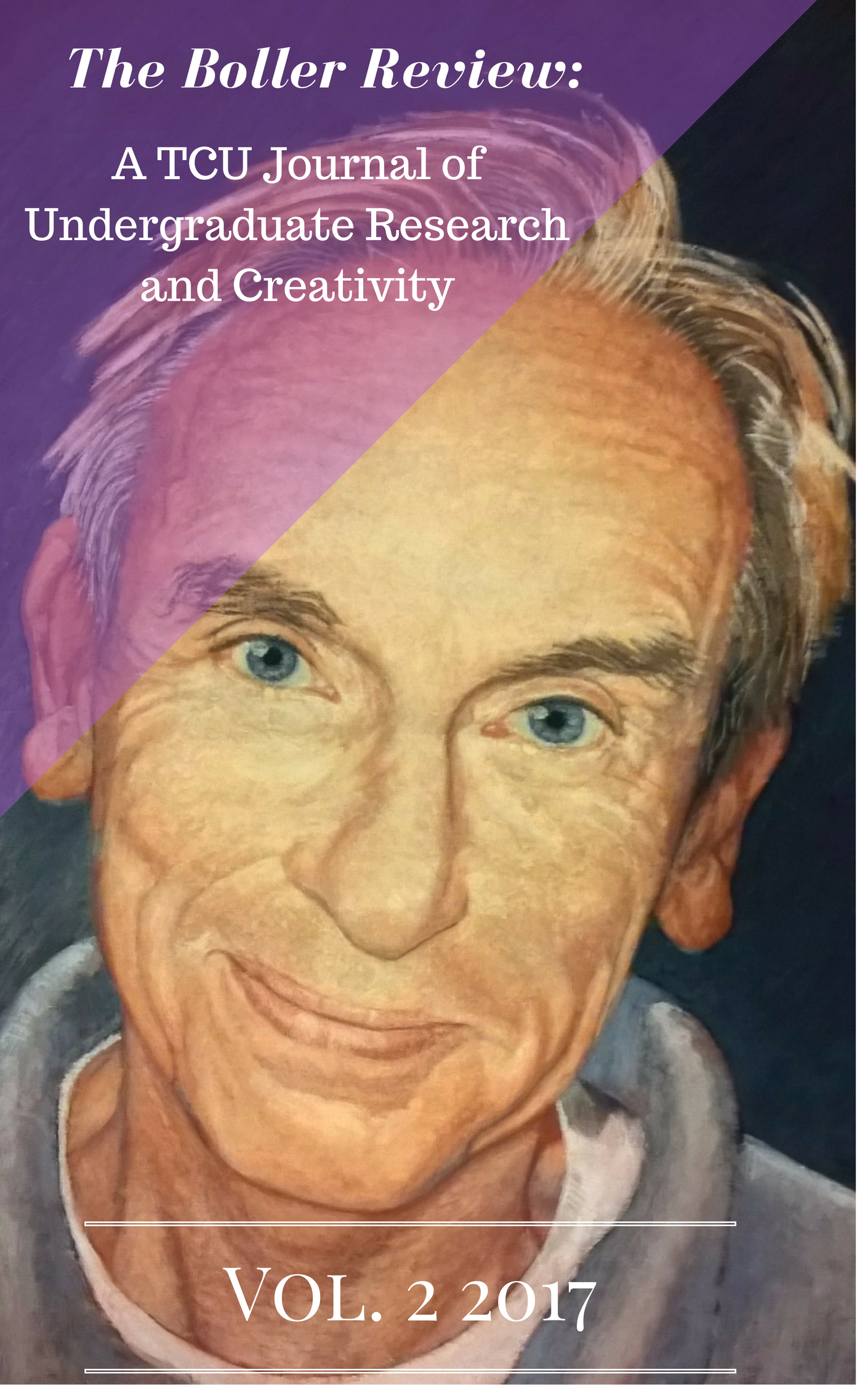Why do I Spend Forty Hours a Week in an Office? Why Meaningful Work Matters and How to Create It
Main Article Content
Abstract
A review of existing literature and popular media exhibits an increasing demand for meaningful work from individuals as well as a desire to provide meaningful work by organizations. This study synthesizes existing research on the definition, sources, and outcomes of meaningful work for individuals and organizations. Insights from this review are integrated to advance a taxonomy of the different types of practices organizations can implement to promote meaningfulness for their employees. The categories from this taxonomy were used to determine most effective strategies for promoting meaningfulness, as well as the most influential sources in the experience of meaningfulness. Finally, the extent to which meaningfulness affects organizational outcomes was evaluated to assess the organizational value of implementing these practices and promoting meaningfulness. The results of the study confirm the growing need for and benefits of helping individuals experience meaningfulness in their work.
Comments from Mentors
"Only a small portion of our great undergraduate students at TCU are willing (and crazy enough) to write a thesis. Ms. Middlebrook’s research on meaningful work embodies what I believe a TCU thesis should be.
From a scholarly perspective, Ms. Middlebrook’s work does well to define a sometimes fuzzy construct (meaningful work), integrate a disjointed body of literature, and provide a conceptual and empirical examination of what tactics organizations and employees can utilize to boost perceptions of meaningfulness. In doing so, she lays a foundation that has potential to truly advance the scholarly conversation and, hopefully, inspire practitioners toward changes that ultimately benefit society. Beyond what appears in the actual text, however, the thesis project encompassed numerous other valuable take-aways. Ms. Middlebrook started with a very general idea of what she wanted to examine—no definition of the construct, no formal research questions, and no substantial background in scholarly research. In short, she had an incredible amount of work to do and a relatively brief period to do it. Rather than cower, she engaged thoughtfully—and quite tenaciously—with the challenge before her. Her ability to think critically, adapt, and persevere emerged time and time again throughout the process; I believe this will be a recurring theme as she moves toward even bigger accomplishments in her life.
I am incredibly fortunate to have had the chance to learn from, and be inspired by, Ms. Middlebrook’s research."
